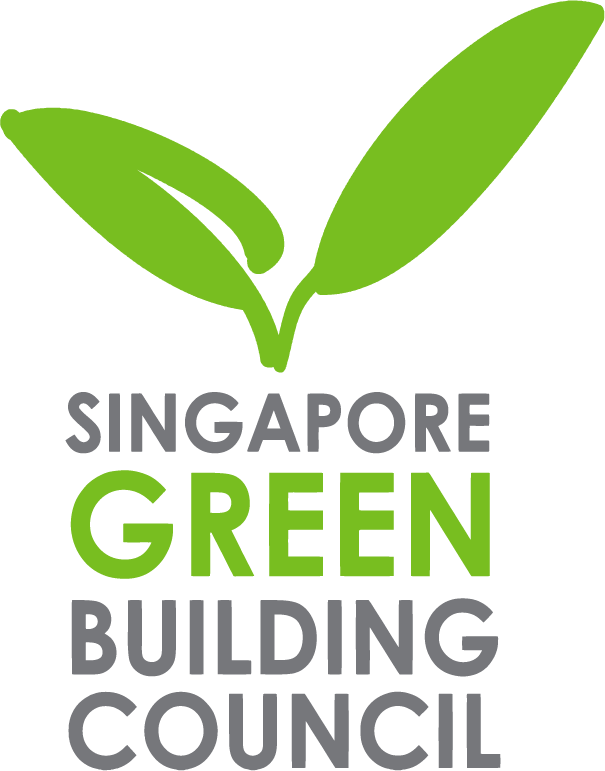The SGBC Digital Academy is an industry service put together by the Singapore Green Building Council (SGBC) to provide built environment and sustainability professionals and practitioners with on-demand access to green building knowledge, perspectives and insights.
Contact us
Tel: (+65) 6732 5518
E-mail: enquiry@sgbc.sg
Address
Singapore Green Building Council
Block H #02-04, BCA Braddell Campus
200 Braddell Road, Singapore 579700
Subscribe to the SGBC Bulletin for monthly updates and events from the Built Environment Sector
Subscribe > 
Copyright © 2023 Singapore Green Building Council


